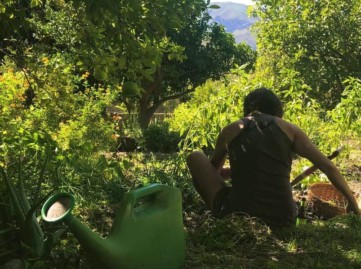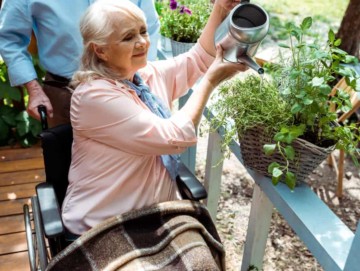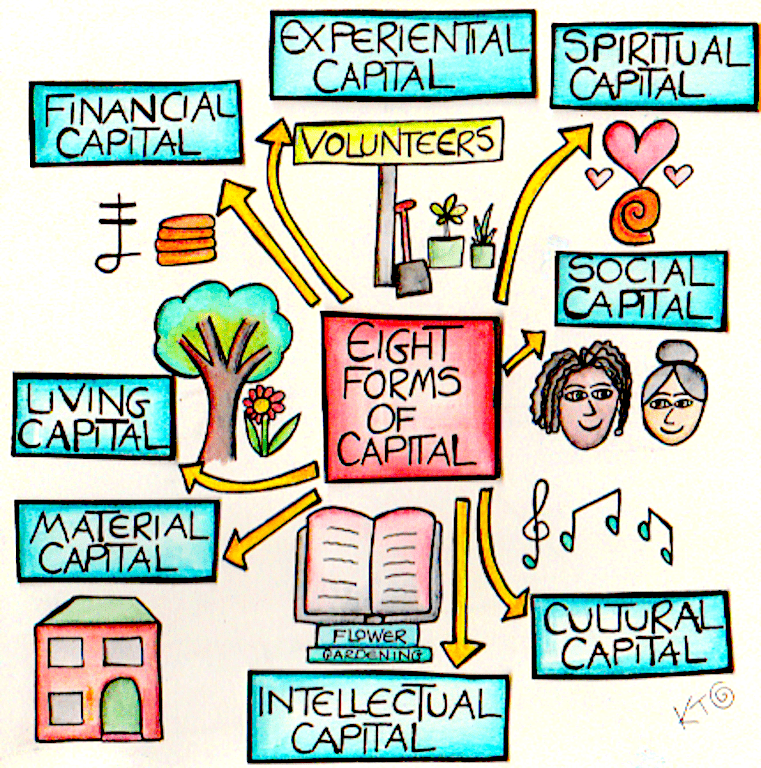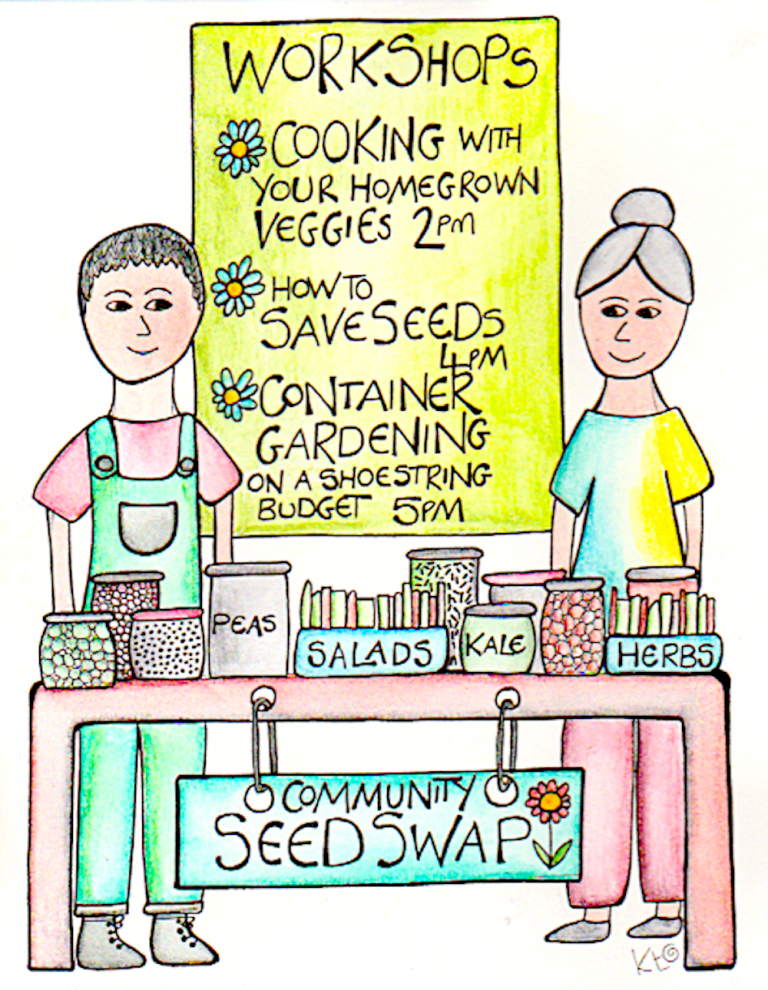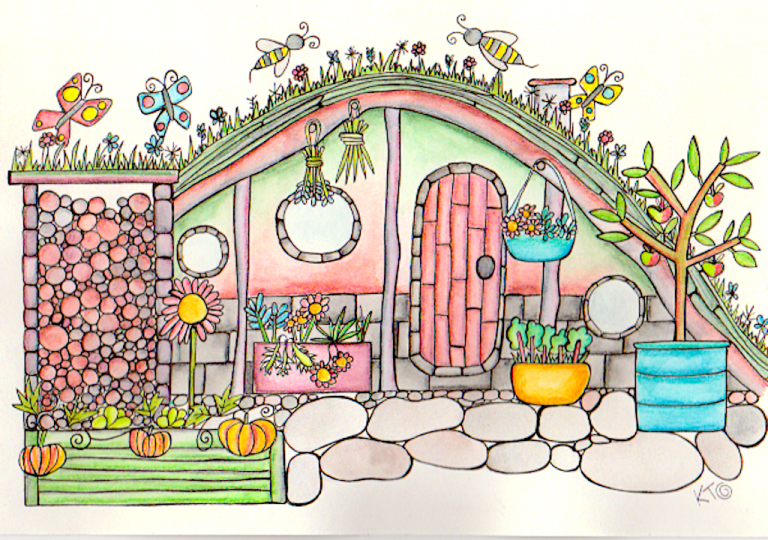“How wonderful it is that nobody need wait a single moment before starting to improve the world.”
–Anne Frank
Volunteer, internship, apprenticeship…what is the difference?
These words are used quite loosely and often interchangeably, but what is the difference and how can you present the experience you are offering or looking to participate in in the correct way? Here are the definitions and how you can create a program that will suit your needs and the needs of the participant.
- Volunteer: This is an altruistic activity in which a person is working without a financial honorarium. They often work a set number of hours on focused or variable jobs for a limited amount of time. Volunteers can range in experience level, from those seeking to gain experience that have little to none in the field they are volunteering in, or those who are highly experienced who offer their services in times of or to communities in need because they believe in the mission of the project. Volunteers work either for free or pay to work when amenities are provided.
- Intern: An intern is a student or at entry level in their profession who are seeking work experience for professional development, résumé building, networking and potential employment. They work either for free or for a minimal living stipend. Interns do not pay to work. Internships are often required by a college or university to graduate from their program.
- Apprentice: An apprentice is learning a trade from a skilled person in their field of interest. Apprentices either pay for the learning experience from their mentor, they trade for labor or they receive a small living stipend. Various amenities can be offered by the mentor in the form of housing, meals, etc. Apprenticeships often replace university or college level training, used as a means of vocational training, with the hopes to become employed or become a member of a professional guild or union.
- Voluntourist: These people pay a program fee to an organization to travel and perform various volunteer tasks, such as teaching, building, public health outreach or conservation work. Created as an alternative to tourism, there is an intended mutually beneficial relationship between the one “touring” and the “toured.”
What about WWOOFing?
Perhaps you have been a WWOOFer or maybe you get requests to accept WWOOFers. WWOOF stands for World Wide Opportunities on Organic Farms, or Willing Workers on Organic Farms and is a global network of workers and farms/projects who are seeking an energy exchange that does not allow for any financial exchange. There are other organizations to work through as well, such as Organic Volunteers, Workaway, and HelpX, but mostly people just call it all “woofing.”
“WWOOFers” are asked to work a certain number of hours daily, and time commitments vary from a few days to a few weeks. Members, both those volunteering and those hosting, pay annual dues for use of the network and website for each country the volunteer is interested in working in, with prices ranging from $0-$75 USD.
This has benefits depending on what you are willing to do as a volunteer and what you are willing to offer as a host. If you are entering your harvest season and need extra hands, WWOOFers can be great, get them doing busy work. If the project needs a bit more skill and attention, there is no commitment other than the word of the volunteer that they will be present to help. They can flake on you and from experience, I can say they do.
This is the reason why many farms have switched to asking for volunteer tuitions because they are guaranteed a monetary exchange for their time/energy in hosting a volunteer. Due to the current capitalist paradigm we live in, paying for something adds a kind of value that typically warrants commitment. I have found that in Central America, people rarely accept WWOOFers, it seems to be something European projects gravitate toward.
Her’s a facebook group kinda like WWOOF, but just for women.
Self-regulation and openness to feedback…
Before your go hosting volunteers, or offering your services to others, ask yourself a few questions:
- A volunteer has just cut down your favorite fruit tree/lost or broke an expensive tool; how do you handle it?
- Brainstorm 5 fun Team Building activities you can do with your volunteers in your bioregion.
- Outline your year, when do you think you would need volunteers and why?
- What do you look for in organizations when seeking volunteer opportunities?
- What will you do to be an amazing, reliable volunteer?
- How will you create transformative, empowering volunteer opportunities?
- What type of mentor will you be?
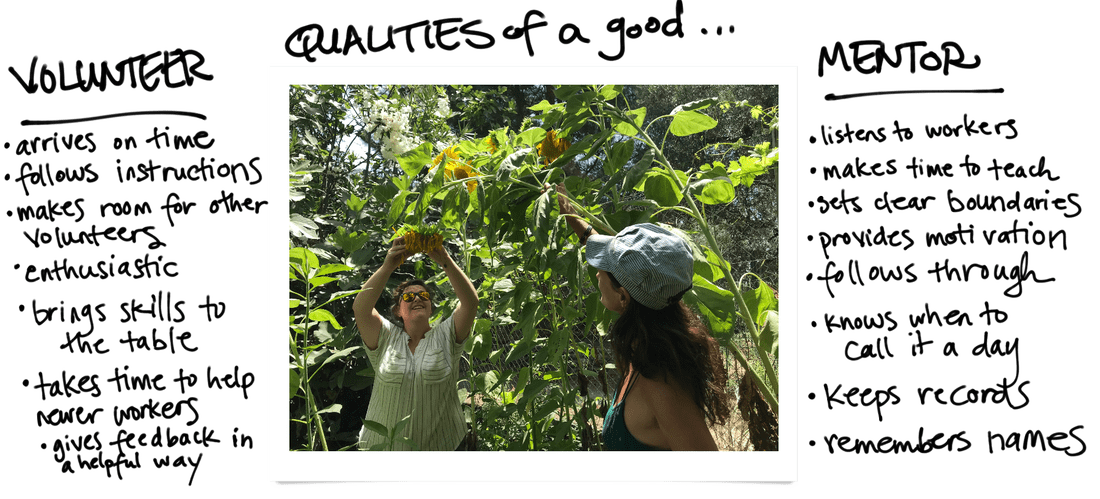
Want to learn more about this and other topics related to permaculture, sustainability, and whole-systems design? We offer a range of FREE (donations optional) online courses!
Relevant Links and Resources
Permaculture Internships: the Ongoing Dilemma
